Buying a hammer may seem like a straightforward task, but with the variety of options available, it's essential to consider a few key factors to ensure you choose the right tool for your needs. Whether you're a professional tradesperson or a DIY enthusiast, this hammer-buying guide will help you make an informed decision. Here are the factors to consider:
There are various types of hammers, each designed for specific tasks. Some common types include:
Claw Hammer: This is the most common type of hammer, featuring a flat striking face on one side and a curved claw for removing nails on the other side. Claw hammers are versatile and suitable for general construction and woodworking tasks.
Ball Pein Hammer: Ball pein hammers have a rounded pein (end opposite the striking face) and are commonly used in metalworking for shaping and riveting tasks.
Framing Hammer: Framing hammers are heavier and have longer handles than claw hammers. They are specifically designed for heavy-duty construction work, such as framing walls and driving large nails.
Rubber Mallet: Rubber mallets have a rubber head, making them ideal for tasks that require striking force without damaging delicate surfaces, such as woodworking and tile installation.
Dead Blow Hammer: Dead blow hammers have a hollow head filled with sand or shot. They are designed to minimize rebound and deliver maximum striking force, making them suitable for tasks where accuracy and control are essential.
The handle material plays a crucial role in the comfort, durability, and vibration absorption of the hammer. Common handle materials include:
Wood: Wooden handles are traditional and provide excellent shock absorption. They are comfortable to grip but may require occasional maintenance to prevent splintering or breaking.
Fiberglass: Fiberglass handles are lightweight, durable, and resistant to moisture and chemicals. They offer good vibration absorption and are less likely to splinter or break compared to wooden handles.
Steel: Steel handles are exceptionally durable and suitable for heavy-duty applications. However, they transmit more vibration to the user's hand, which can cause fatigue during prolonged use.
The weight of the hammer's head determines its striking force and is chosen based on the task at hand. Lighter hammers are ideal for delicate tasks that require precision, while heavier hammers are more suitable for heavy-duty applications. Consider the materials you'll be working with and the level of impact required to select the appropriate head weight.
A well-balanced hammer allows for better control and reduces the strain on your wrist and arm. When choosing a hammer, hold it in your hand to check the balance. The grip should feel comfortable and secure, ensuring you have a firm hold during use. Some hammers feature textured or cushioned grips that provide better ergonomics and reduce slippage.
Investing in a high-quality hammer ensures durability and longevity. Look for hammers made from forged steel, as they tend to be more robust and resistant to wear and tear. Check for secure and solid connections between the head and handle to avoid any potential hazards.
Consider your personal preferences and the specific tasks you'll be undertaking. If you have specific requirements, such as a non-marring hammer for delicate surfaces or a hammer with a magnetic nail holder, choose a model that accommodates those needs. Additionally, if you'll be using the hammer frequently or for extended periods, prioritize comfort and ergonomics.
Price is a factor to consider, but it should not be the sole determining factor. While budget-friendly options are available, it's important to balance cost with quality and durability. Investing in a reliable and durable hammer can save you money in the long run by reducing the need for frequent replacements.
Consider the reputation of the brand and read reviews from other users to gain insights into the hammer's performance, durability, and customer satisfaction. Reputable brands often prioritize quality and provide warranties, ensuring your investment is protected.
By considering these factors, you can select a hammer that suits your needs, enhances your productivity, and provides long-lasting performance. Remember to prioritize safety by using appropriate eye protection and following proper hammering techniques.
For more information, please contact us. We will provide professional answers.
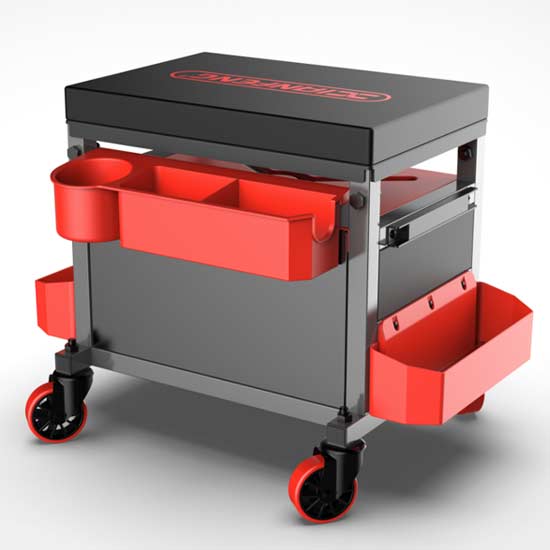 Tool seat
Tool seat
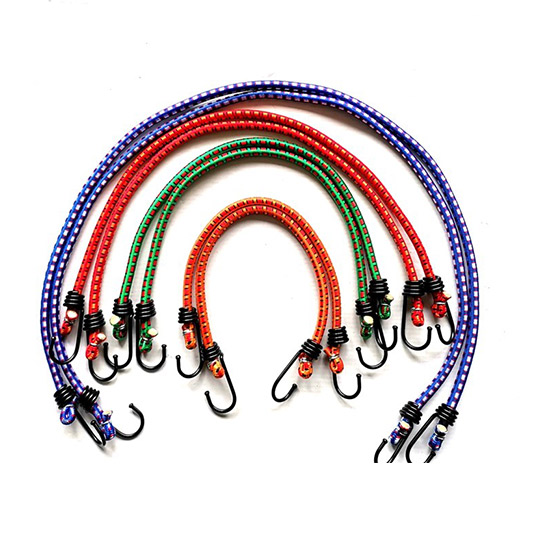 Stretch Cord
Stretch Cord
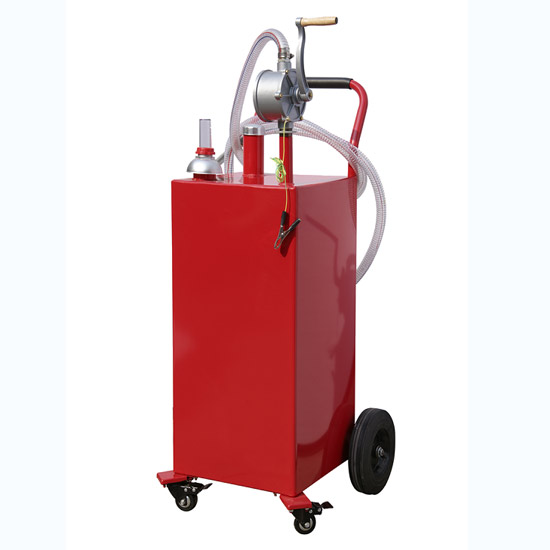 Oil Pump
Oil Pump
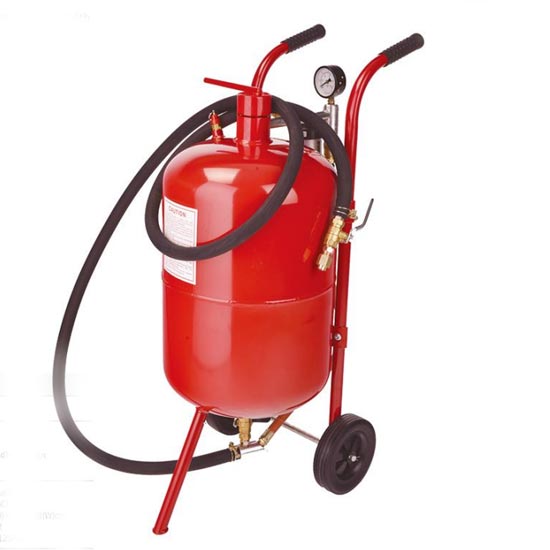 Sandblast Pot
Sandblast Pot
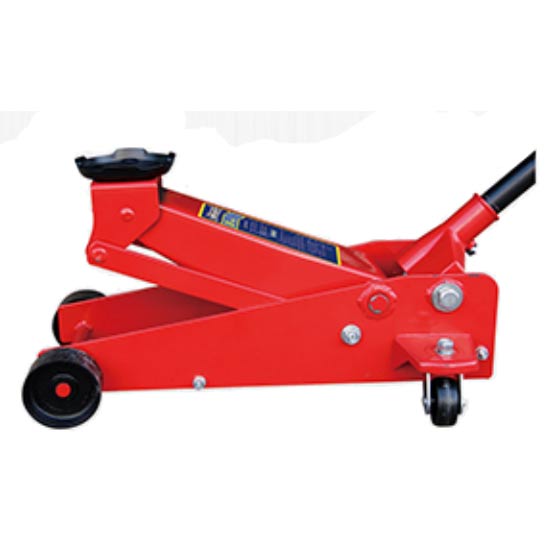 2.25 Ton Hydraulic Floor Jack
2.25 Ton Hydraulic Floor Jack
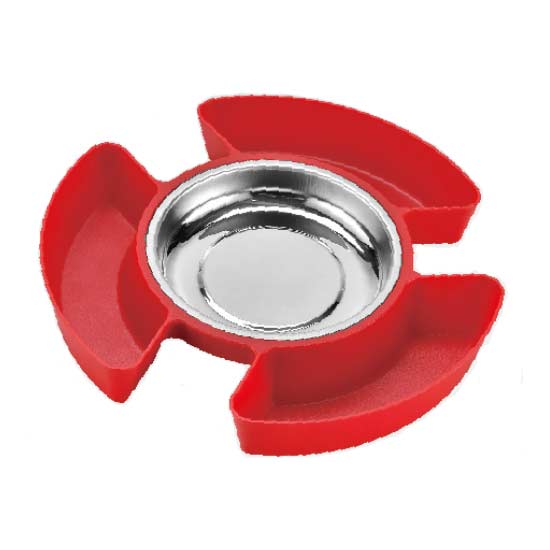 Magnetic Tray With Tool Plate
Magnetic Tray With Tool Plate
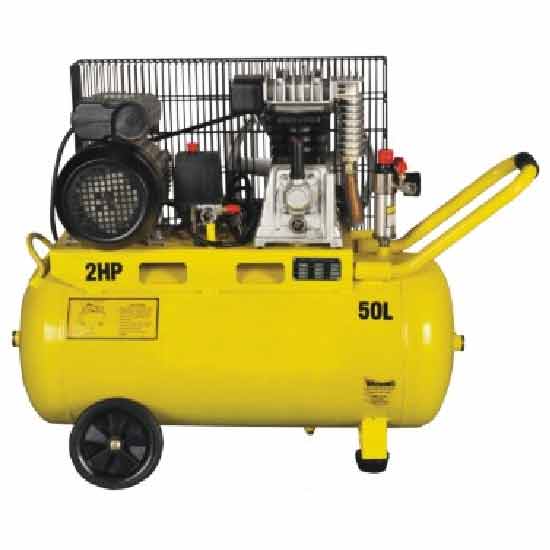 Single-stage Air-cool Movable Air Compressor
Single-stage Air-cool Movable Air Compressor
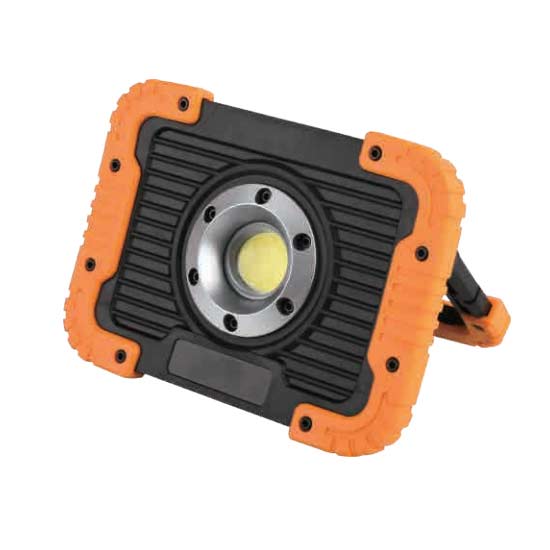 10W Rechargeable Led Flood Light
10W Rechargeable Led Flood Light
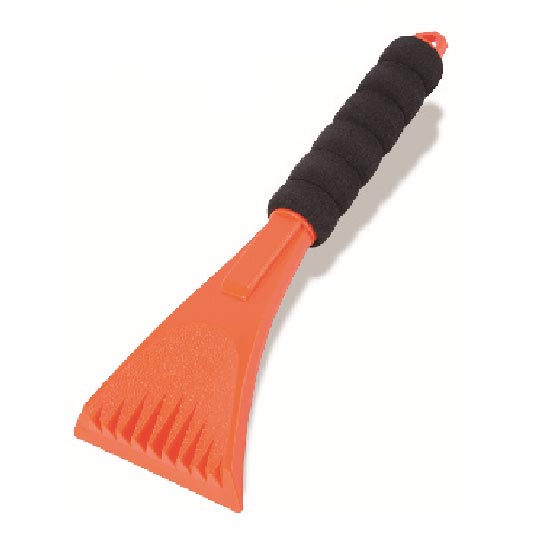 Ice Scraper
Ice Scraper
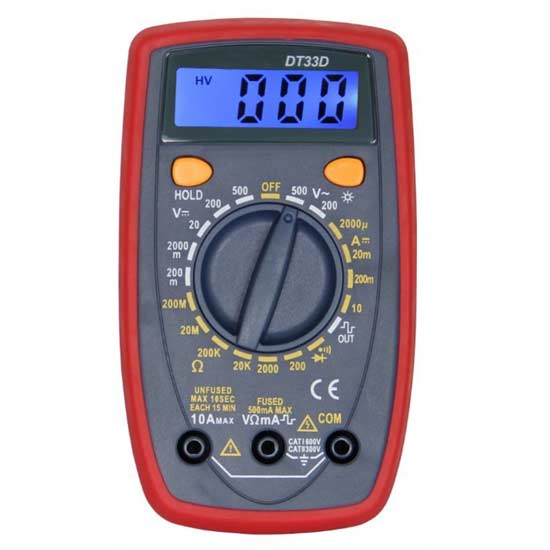 Small Multimeter with Backlight
Small Multimeter with Backlight
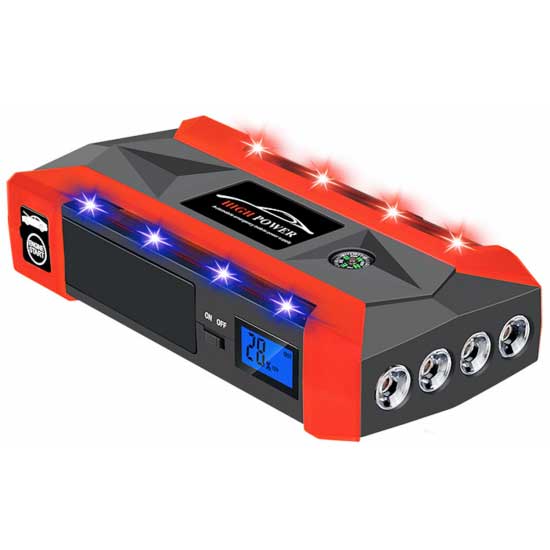 Jump Starter With 4 Led Lights
Jump Starter With 4 Led Lights
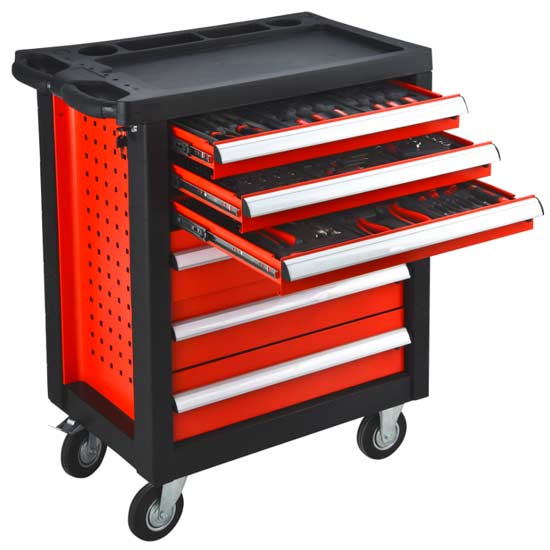 Steel Tool Cabinet
Steel Tool Cabinet
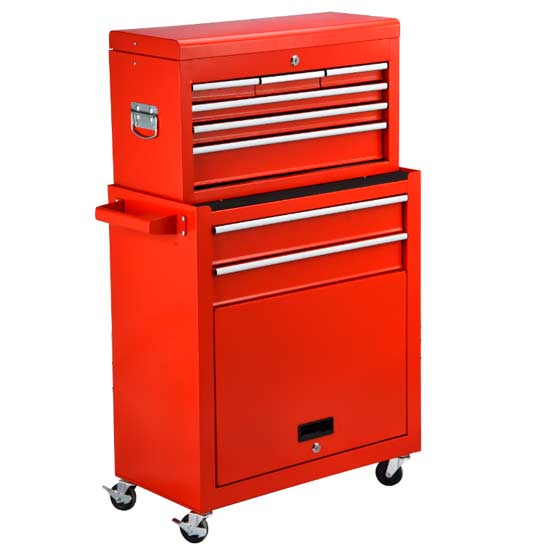 Large Tool Cabinet
Large Tool Cabinet
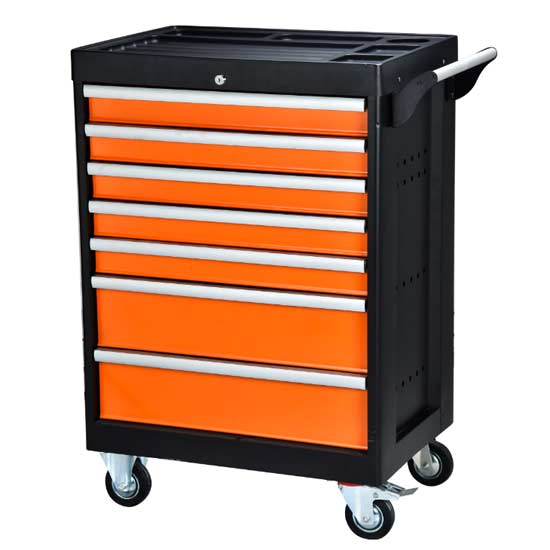 Tool Storage Cabinet
Tool Storage Cabinet
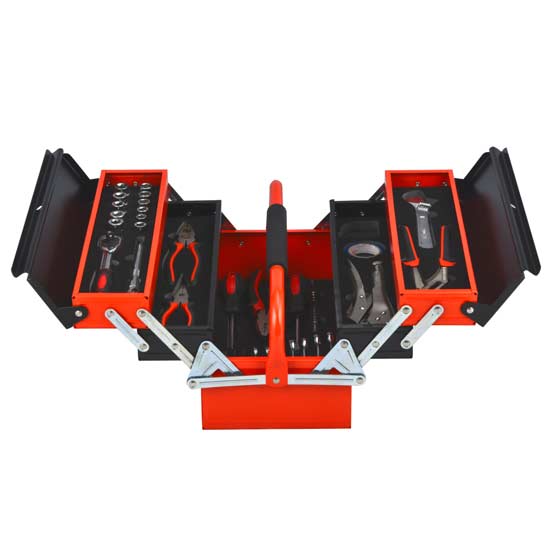 Metal Tool Box
Metal Tool Box
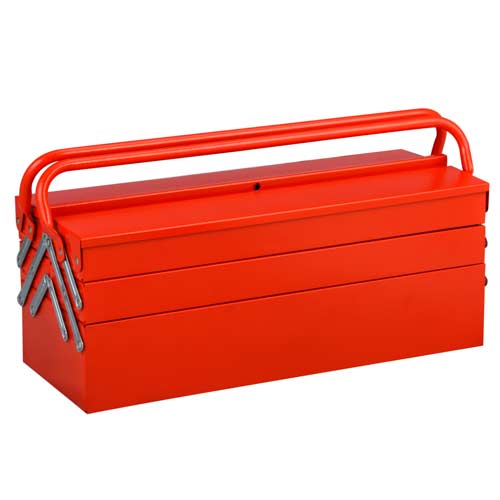 Large Metal Tool Storage Box
Large Metal Tool Storage Box
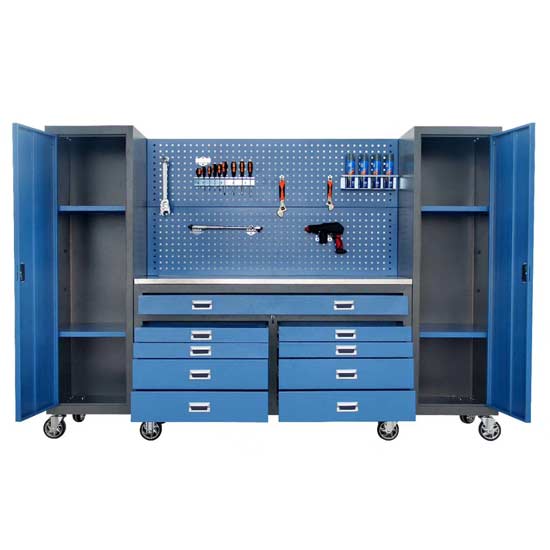 Blue Metal Tool Cabinet
Blue Metal Tool Cabinet
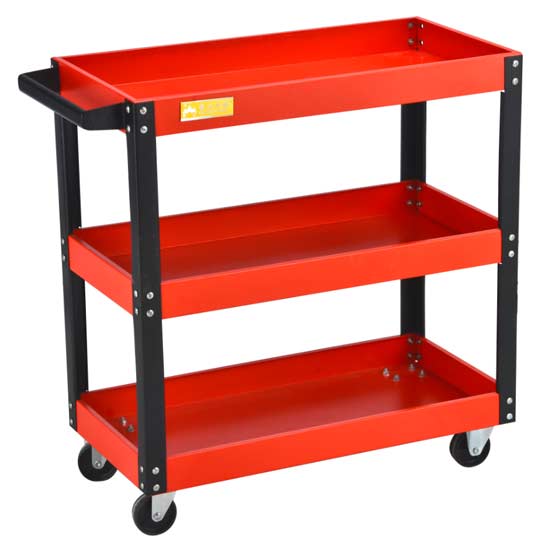 Red Steel Tool Trolley
Red Steel Tool Trolley
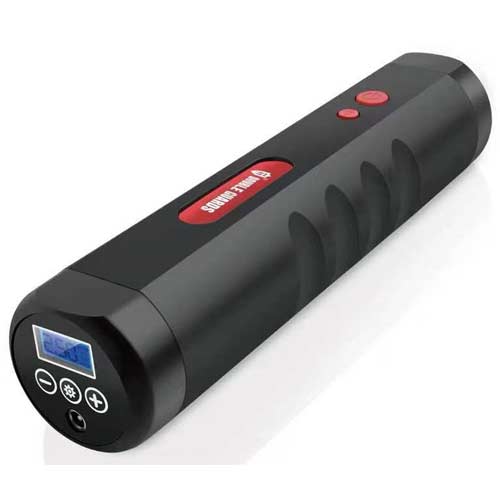 Portable Tire Inflator
Portable Tire Inflator
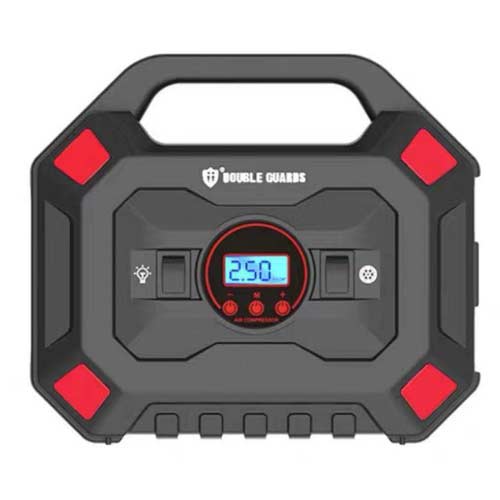 Custom Tire Inflator
Custom Tire Inflator
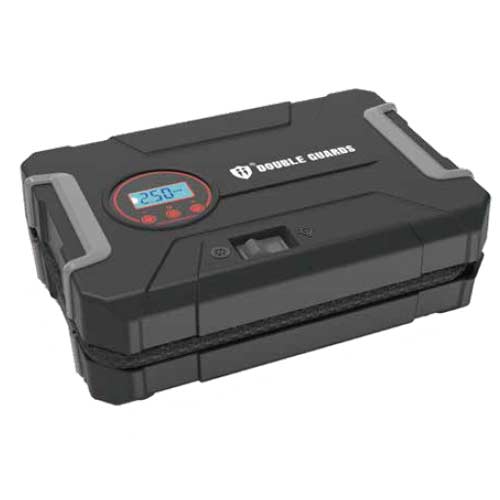 Tire Pressure Pump
Tire Pressure Pump
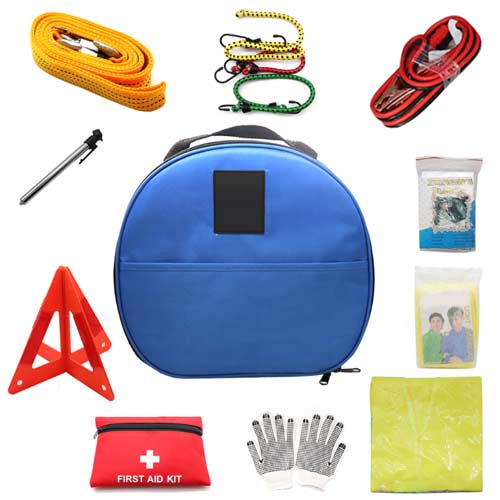 Auto Emergency kit
Auto Emergency kit